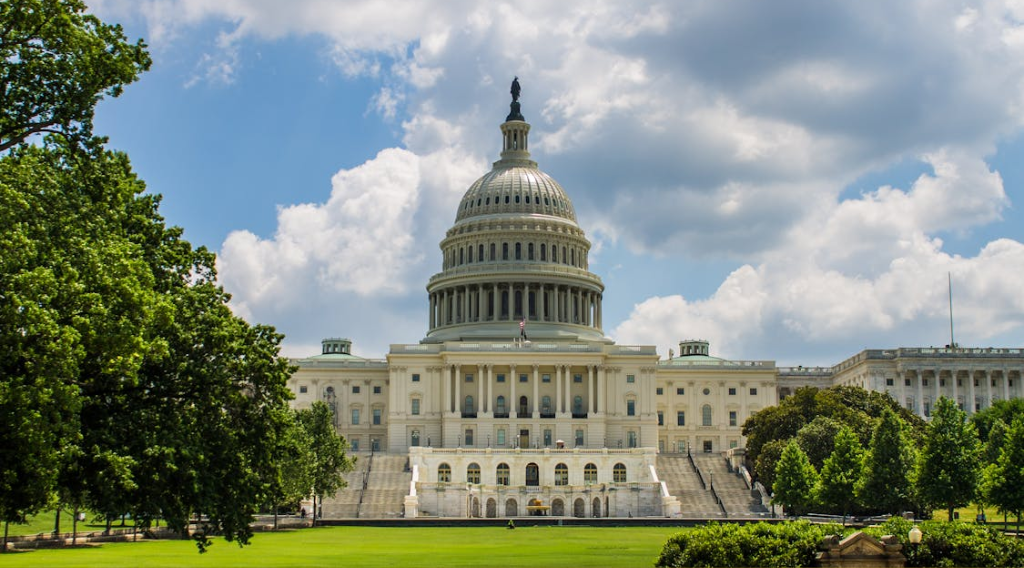 Great Plains Institute Vice President for Carbon Management Brad Crabtree submitted written testimony to the Senate Environment and Public Works Committee to inform a Wyoming field hearing this week examining “Energy and Environmental Innovation: Wyoming’s Leadership in Using and Storing Carbon Dioxide Emissions.”
Great Plains Institute Vice President for Carbon Management Brad Crabtree submitted written testimony to the Senate Environment and Public Works Committee to inform a Wyoming field hearing this week examining “Energy and Environmental Innovation: Wyoming’s Leadership in Using and Storing Carbon Dioxide Emissions.”
Crabtree emphasized that Congress must build on the bipartisan success of the 2018 FUTURE Act and enact a broad portfolio of federal incentives and other policies to commercialize carbon capture, transport, use, removal, and geologic storage. In particular, the federal government will play a crucial role in furthering the development and deployment of newer carbon capture technology applications, including direct air capture and carbon utilization.
“We must learn from our successful experience with wind, solar and other low and zero-carbon technologies and implement a broader policy framework for carbon capture in order to sustain US leadership and help put our nation on a path toward midcentury decarbonization,” Crabtree said.
Crabtree told the committee that economywide deployment of carbon capture, use, and geologic storage is not optional if we are to decarbonize industry and achieve midcentury climate goals. Carbon capture technology provides a viable pathway to enable the decarbonization and continued operation of existing and new industrial facilities, while avoiding plant closures and the offshoring of jobs and livelihoods.
The US is the world’s leader in the capture, use, and geologic storage of carbon emissions from industry, with nearly 50 years of successful commercial and operational experience on which to build. In addition, we now have the further opportunity to build new industries and associated high-wage jobs with both direct air capture and carbon utilization technologies.
Crabtree’s full testimony provided details on several topics:
- The ongoing federal role in the development and commercialization of carbon capture technologies.
- Wyoming’s leadership in developing carbon capture technology.
- Carbon capture’s role in meeting midcentury climate goals.
- Carbon capture’s job creation potential.
- Key areas the federal government must invest in to ensure commercial-scale deployment of carbon capture, including direct air capture, carbon utilization, and carbon dioxide transport infrastructure addressed in the three titles of the USE IT Act.
The field hearing included in-person testimony provided by Jason Begger, managing director, Wyoming Integrated Test Center; Dr. Holly Krutka, executive director of the School of Energy Resources, University of Wyoming; and Dr. Marcius Extavour, executive director, NRG COSIA Carbon XPRIZE. Links to their written testimony and other committee and hearing information can be found on the Senate Committee on Environment & Public Works website.
Sign up for our monthly newsletter to stay up-to-date on the latest news and events from GPI.


